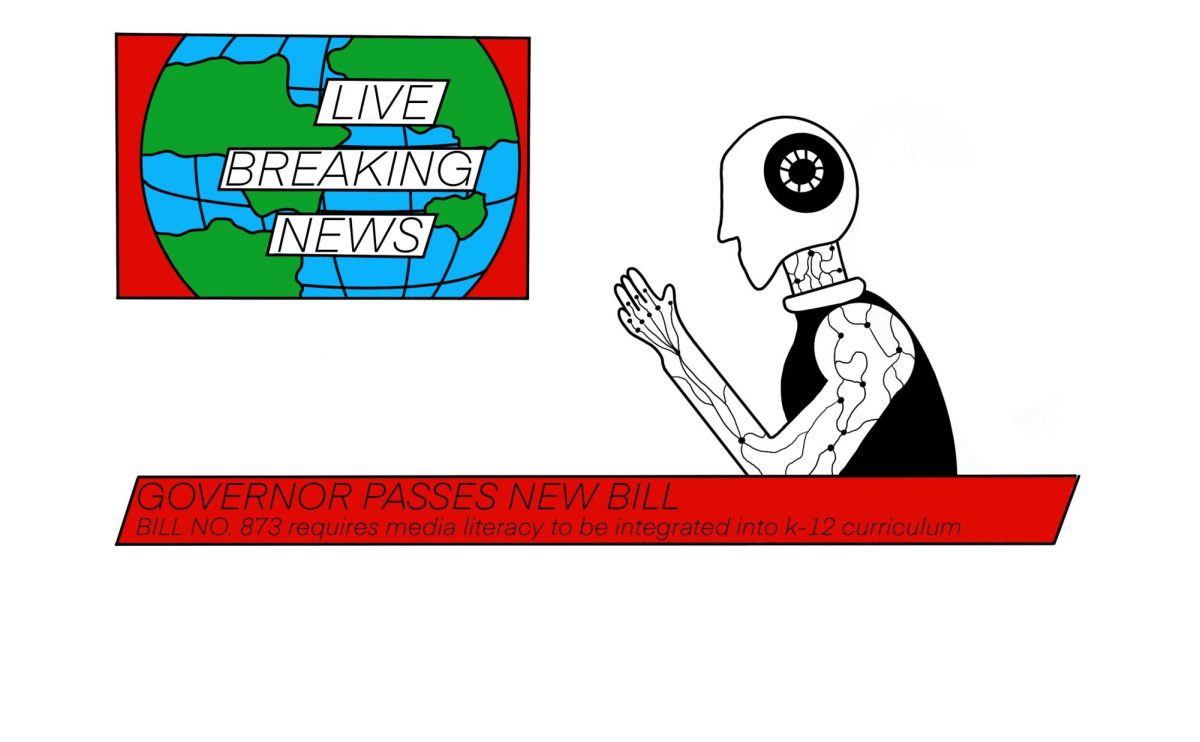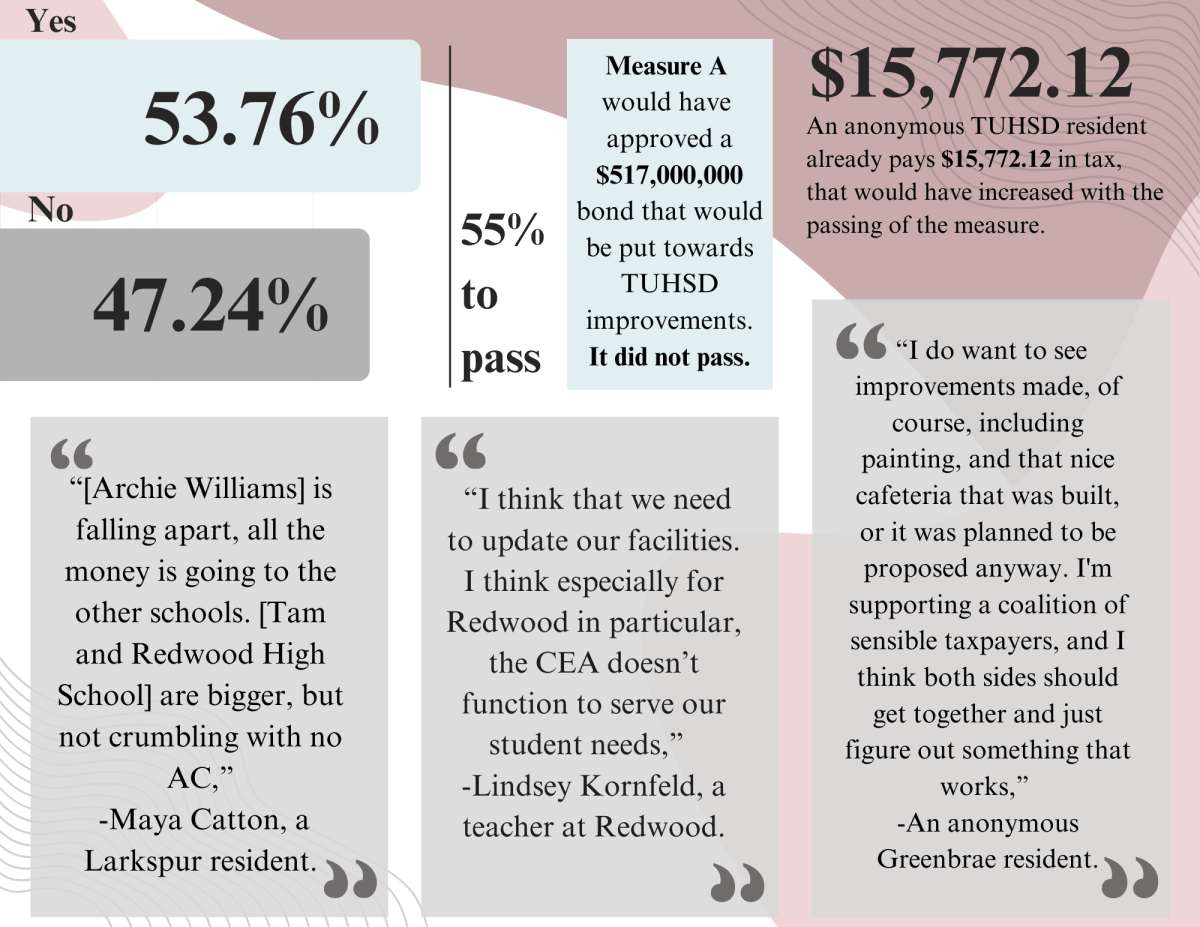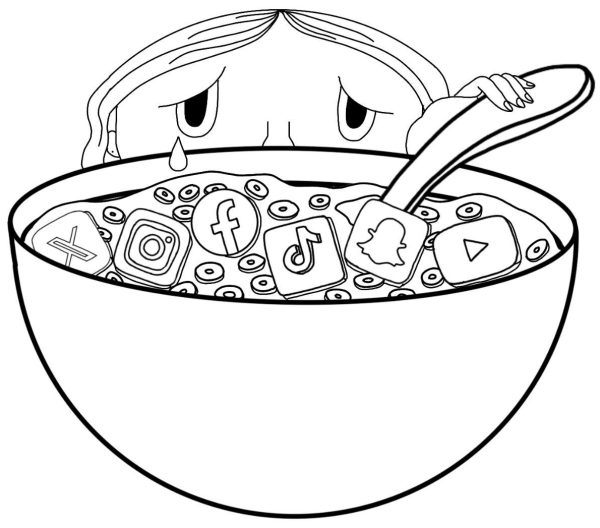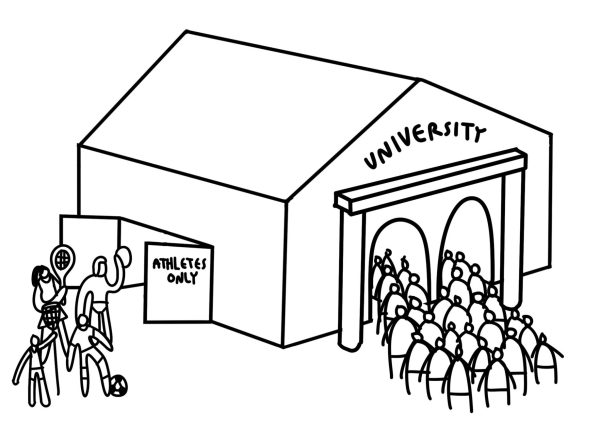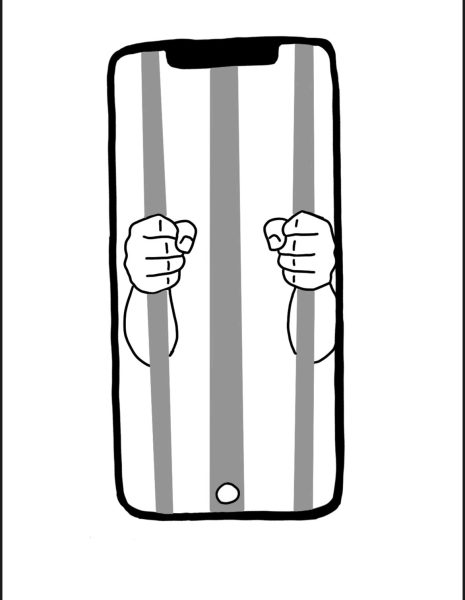Flying solo, peace in solitude
February 11, 2023
When I see an old man sitting alone in public, sympathetic thoughts race through my mind.
“He must be widowed.”
“He looks so sad.”
“I should go talk to him.”
When I’m alone, I make the same assumptions about myself. I grow insecure thinking about how lonely I must look and find myself mindlessly scrolling on my phone to look busy. No one can catch me sitting still with my thoughts or the whole world will crumble.
Why is it that we as a society have become so afraid of being alone? A common misconception is an association between aloneness and loneliness. Alone is a state of being that can have both positive and negative connotations, whereas loneliness is a feeling associated with pain and a lack of belonging. Spending time alone and embracing your independence doesn’t always mean you are lonely or unfulfilled. Everyone should spend time with themselves to develop a stronger personal identity, increase creativity and improve their relationships with others.
After escaping from forced isolation during the COVID-19 quarantine, the social pendulum swung in the opposite direction and people were frenzied back to constant social interaction. Corporate offices and schools went back in person, restricted social “pods” were abolished and both the deprived extroverts and overwhelmed introverts of the world vowed never to be alone again.
The societal shift to prioritize social engagements makes sense as human beings scientifically crave social interaction. A 2016 Massachusetts Institute of Technology study researched the responses in the brain when lacking interaction, and found that the need for socialization is a necessity, similar to hunger. A small region in the middle of the brain, called the substantia nigra, lights up when craving both food and human contact. This biological feeling of loneliness motivates people to repair what is lacking, just like when we are hungry.
So though we often crave social experiences, we can’t overlook the importance of alone time to our mental health. Spending time alone allows us to develop our thoughts and opinions without outside influence and gives us a chance to get to know ourselves. After all, the strongest relationship in our lives is with ourselves, and finding comfort in solitude is a meaningful practice.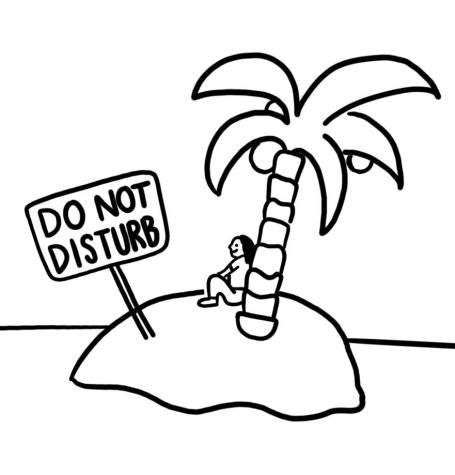
Jack Fong, a sociologist at the California State Polytechnic University Pomona studying solitude, has discovered, “When people take these moments to explore their solitude, not only will they be forced to confront who they are, they just might learn a little bit about how to out-maneuver some of the toxicity that surrounds them in a social setting.”
In addition, alone time can increase creativity and help us develop new ideas. In a 2020 study published in Nature Communications, researchers found that perceived social isolation led to increased activity in the neural circuits related to imagination.
In order to experience these benefits, alone time must be carried out with intention. This means we must stop making it a last resort if plans get canceled or friends are busy. Prioritizing yourself and making plans to spend time alone is vital and meaningful to one’s well-being.
Spending time alone by choice has been linked to less alienation, better academic performance and lower self-reported depression, as discovered by a psychology study conducted by the University of Athens. On the other hand, a reactive desire to be alone, meaning isolation as a result of necessity, is associated with greater anxiety, depression, emotion dysregulation and lower self-esteem during early adolescence.
We are constantly changing and figuring out who we are and who we want to become. In a world where hustle culture is celebrated and taking a break is seen as lazy, it is more important than ever to find time for purposeful breaks centered around yourself. Letting go of the perceived social expectations to constantly be with others opens up a world of self-discovery and development.


